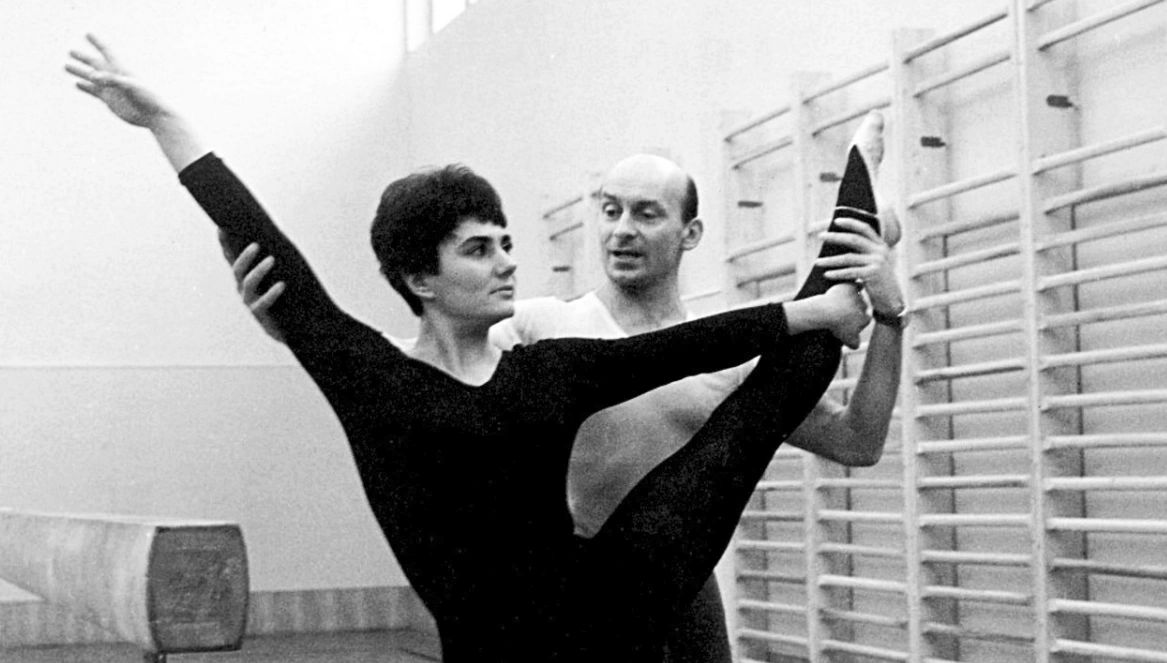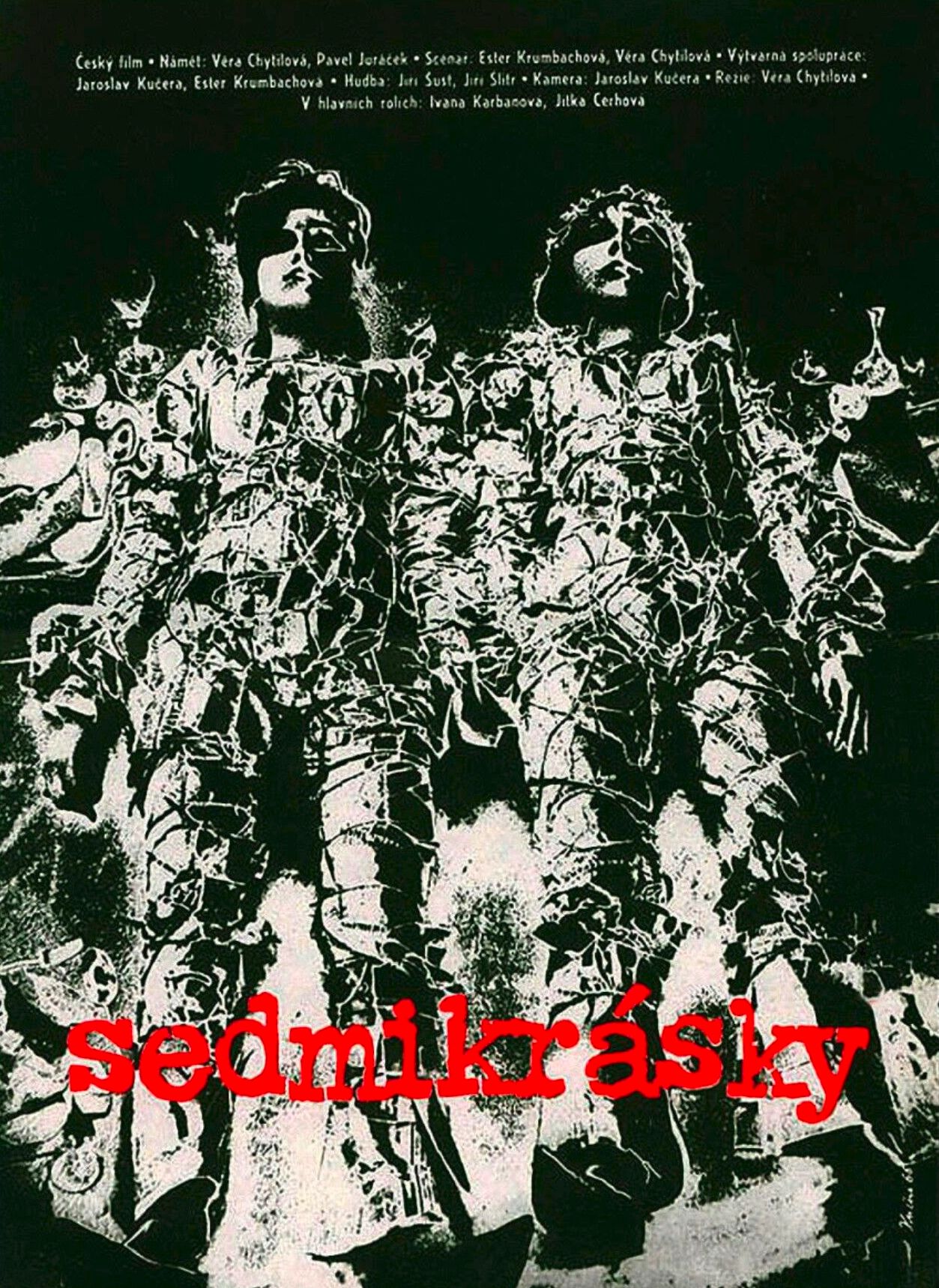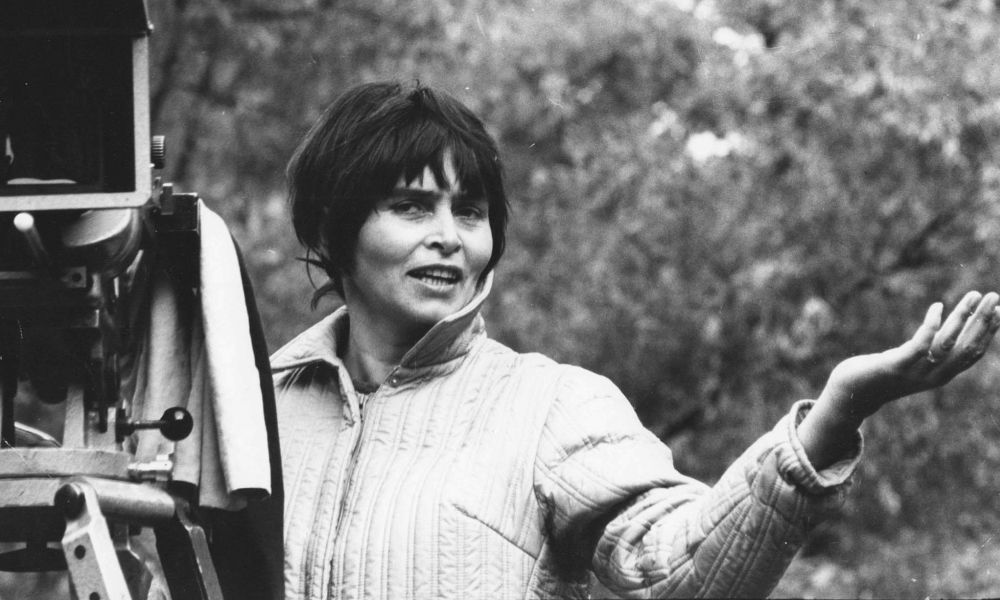"She may have been grouped with the Czech New Wave because of her anti-establishment satires and labelled a feminist for her stance against patriarchy in all areas of Czech society, but when questioned she insisted that she was very much her own person. It is a sentiment that is present throughout her work, whose themes might align with larger artistic or social movements, and is extraordinary for its level of innovation and invention." - Ian Haydn Smith (Cult Filmmakers, 2019)
Věra Chytilová
Director / Screenwriter
(1929-2014) Born February 2, Ostrava, Czechoslovakia (now Czech Republic)
Top 250 Directors
(1929-2014) Born February 2, Ostrava, Czechoslovakia (now Czech Republic)
Top 250 Directors
Key Production Country: Czechoslovakia
Key Genres: Drama, Comedy, Feminist Film, Surrealist Film, Satire, Avant-garde/Experimental
Key Collaborators: Miroslav Hájek (Editor), Jirí Kodet (Leading Character Actor), Tomás Hanák (Leading Actor), Julius Albert (Leading Actor), Eva Kacírková (Screenwriter), Ester Krumbachová (Screenwriter), Ladislav Fikar (Producer), Jaroslav Kucera (Cinematographer), Ivana Kacírková (Editor), Jitka Nováková (Leading Character Actress), Jan Klusák (Leading Character Actor), Dagmar Bláhová (Leading Character Actress)
Key Genres: Drama, Comedy, Feminist Film, Surrealist Film, Satire, Avant-garde/Experimental
Key Collaborators: Miroslav Hájek (Editor), Jirí Kodet (Leading Character Actor), Tomás Hanák (Leading Actor), Julius Albert (Leading Actor), Eva Kacírková (Screenwriter), Ester Krumbachová (Screenwriter), Ladislav Fikar (Producer), Jaroslav Kucera (Cinematographer), Ivana Kacírková (Editor), Jitka Nováková (Leading Character Actress), Jan Klusák (Leading Character Actor), Dagmar Bláhová (Leading Character Actress)
"In 1957, having worked her way up to assistant director, she enrolled at the FAMU film school in Prague. While there, she directed several shorts and in 1962 turned out her graduation film, the medium-length Ceiling, which immediately placed her among the emerging formalists of the Czech New Wave. Her subsequent films as director have typically combined elements of cinéma-vérité and formalism and revealed the influence of the French Nouvelle Vague. Her best-known film in the West, Daisies (1966), is a complex modern fable in which she used bold, inventive filming, cutting, and colour-processing techniques to mock and disparage manifestations of consumerism, conformism, indifference, and vapidity in Czech society." - The Film Encyclopedia, 2012
"A pioneer of women’s cinema, Chytilová thought it natural to use her female perspective and experience, although she didn’t see herself as a feminist. Never one to hesitate, she played on stereotypes associated with women, exploiting the fear of feminine hysterics and famously threatening to jump out of the window in front of state officials when she struggled to get her unorthodox films financed or released… A filmmaker of consistent moral vision and innovation." - BFI Player

Something Different (1963)
"Chytilová's signature remains a vertiginous camera technique and disjunctive editing style that keeps the viewer constantly aware of the director's wry stance toward her subjects." - Karen Jaehne (The Virgin International Encyclopedia of Film, 1992)
"Věra Chytilová was the first woman to study film directing at FAMU, the Film Academy in Prague, and went on to become an important member of the 1960s Czech New Wave. As a female film director, she introduced new approaches into Czechoslovak cinema, quite unusually for the times, giving voice to the views and experiences of women… Chytilová was one of the most courageous and inventive Czechoslovak film directors. In the 1960s, she was able to avail herself of the fertile environment of this highly creative era to make an important contribution to the history of world cinema, both in terms of her stylistic and thematic innovation. It was much more difficult to continue working as a filmmaker in the oppressive atmosphere of the 1970s and 1980s as well as in the new, commercial environment after the fall of communism. This meant that Chytilová had to give up most of her formal experimentation, but she never gave up her civic responsibility." - Jan Čulík (East European Film Bulletin, 2018)
"She was strongly influenced by cinéma-vérité, preferring to use non-professional actors and improvisation; but, in collaboration with her husband and cameraman Jaroslav Kucera, she also aimed at an experimental and visually exciting look to her films. Her feminist viewpoint has been expressed in protest, sometimes astringently comic, against the boredom, disillusion and alienation in the lives of women. After the Russian invasion of 1968, she was unable to work again in Czechoslovakia until 1976." - The Illustrated Who's Who of the Cinema, 1983
"I'm an enemy of stupidity and simple-mindedness in both men and women." - Věra Chytilová
Selected Filmography
{{row.titlelong}}
Věra Chytilová / Fan Club
Helena Trestíková, Carmen Gray, Hynek Pallas, Robbie Collin, Kevin B. Lee, B. Ruby Rich, Senem Aytaç, Thomas Groh, Raúl Camargo Bórquez, Agnieszka Holland, Claire Monk, Fábio Yamaji.
Helena Trestíková, Carmen Gray, Hynek Pallas, Robbie Collin, Kevin B. Lee, B. Ruby Rich, Senem Aytaç, Thomas Groh, Raúl Camargo Bórquez, Agnieszka Holland, Claire Monk, Fábio Yamaji.
"Fan Club"
These film critics/filmmakers have, on multiple occasions, selected this director’s work within film ballots/lists that they have submitted.
These film critics/filmmakers have, on multiple occasions, selected this director’s work within film ballots/lists that they have submitted.


